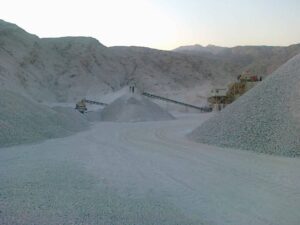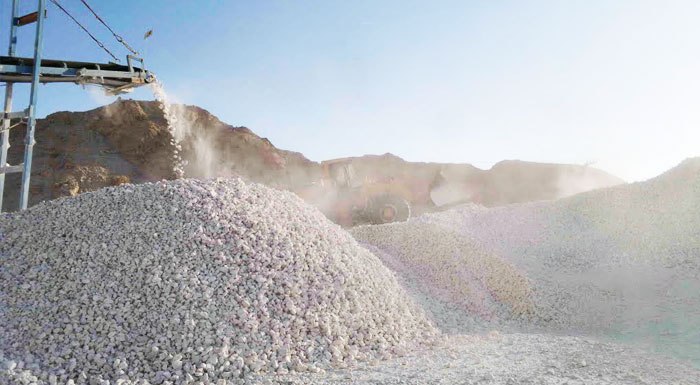A Comprehensive Guide, Introduction to Gypsum
Gypsum, a naturally occurring mineral composed of calcium sulfate dihydrate (CaSO4·2H2O), is widely recognized for its versatility and numerous applications across various industries. From construction to agriculture, gypsum plays a crucial role in enhancing product quality and performance. In this article, we will explore the incredible benefits of gypsum, highlighting its importance in different sectors and how it can contribute to sustainable practices. The Incredible Benefits of Gypsum

Benefits of Gypsum in Construction
1. Superior Fire Resistance
One of the most significant benefits of gypsum in construction is its exceptional fire resistance. Gypsum board, commonly known as drywall, is widely used in building interiors due to its ability to withstand high temperatures. When exposed to fire, gypsum releases water vapor, which helps to slow down the spread of flames. This property makes gypsum an essential material for enhancing the safety of residential and commercial buildings.
2. Sound Insulation Properties
Gypsum also offers excellent sound insulation properties, making it an ideal choice for walls and ceilings in both residential and commercial spaces. The density of the gypsum board helps to reduce sound transmission, creating quieter environments. This is particularly beneficial in multi-family housing, hotels, and office buildings, where noise reduction is a priority for occupant comfort.
3. Eco-Friendly Building Material
As sustainability becomes increasingly important in the construction industry, gypsum stands out as an eco-friendly building material. It is a natural resource that can be recycled and reused, reducing waste and environmental impact. Additionally, gypsum production generates fewer greenhouse gas emissions compared to other building materials, making it a responsible choice for environmentally conscious builders.
Benefits of Gypsum in Agriculture
1. Soil Improvement
Gypsum is widely used in agriculture to improve soil quality. It helps to break up compacted soil, enhancing aeration and water infiltration. This is particularly beneficial in clay soils, where gypsum can help reduce erosion and improve root development. By improving soil structure, gypsum promotes healthier plant growth and increases crop yields.
2. Nutrient Management
Gypsum plays a vital role in nutrient management by providing essential calcium and sulfur to plants. Calcium is crucial for cell wall development and overall plant health, while sulfur is an essential component of amino acids and proteins. By incorporating gypsum into soil management practices, farmers can enhance nutrient availability and improve crop quality.
3. Reducing Soil Salinity
In areas affected by high salinity, gypsum can be an effective solution for reclaiming saline soils. Gypsum helps to displace sodium ions in the soil, promoting leaching and reducing salinity levels. This process improves soil health and allows for better water retention, ultimately leading to increased agricultural productivity.
Benefits of Gypsum in Industrial Applications
1. Versatile Manufacturing Material
Gypsum is a versatile material used in various industrial applications, including the production of cement, plaster, and wallboard. Its unique properties make it an essential ingredient in these products, enhancing their performance and durability. For example, gypsum is used as a setting retarder in cement production, allowing for better workability and extended setting times.
2. Environmental Benefits in Industry
The use of gypsum in industrial applications also contributes to environmental sustainability. By incorporating recycled gypsum into manufacturing processes, companies can reduce waste and lower their carbon footprint. This practice not only conserves natural resources but also promotes a circular economy within the industry.
3. Improved Product Quality
Gypsum enhances the quality of various industrial products by providing stability and consistency. In the production of plaster and wallboard, gypsum helps to create a smooth finish and improves adhesion. This results in higher-quality products that meet industry standards and customer expectations.

